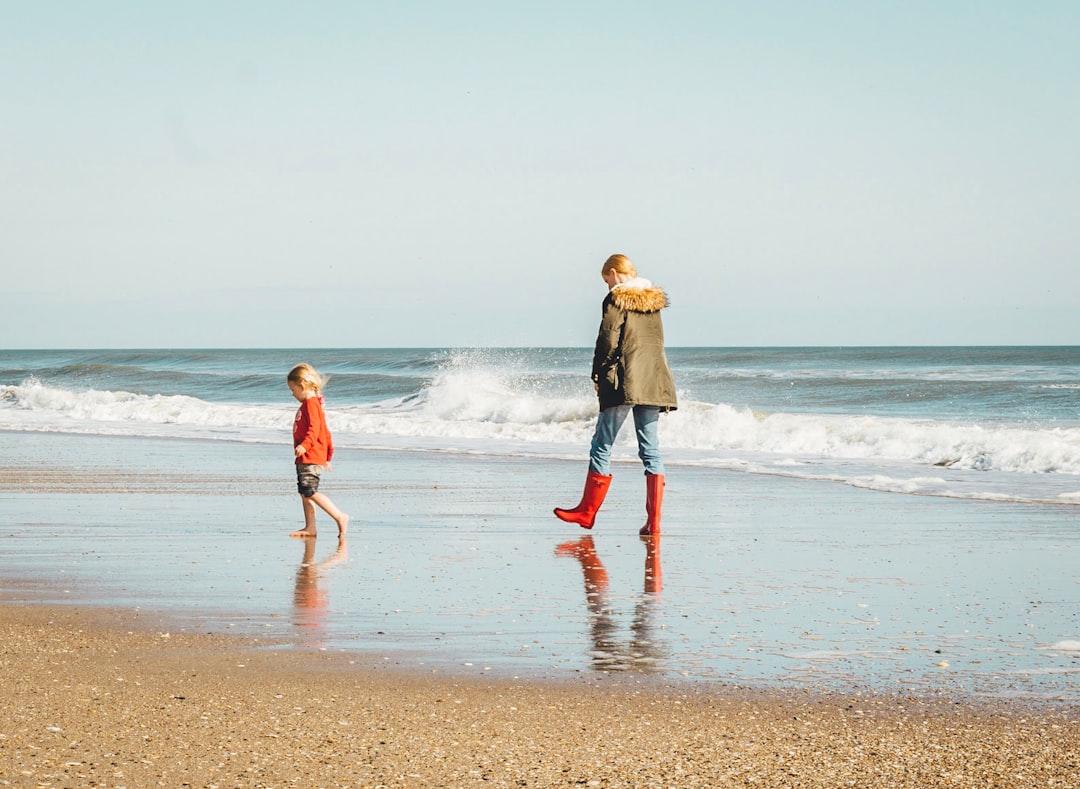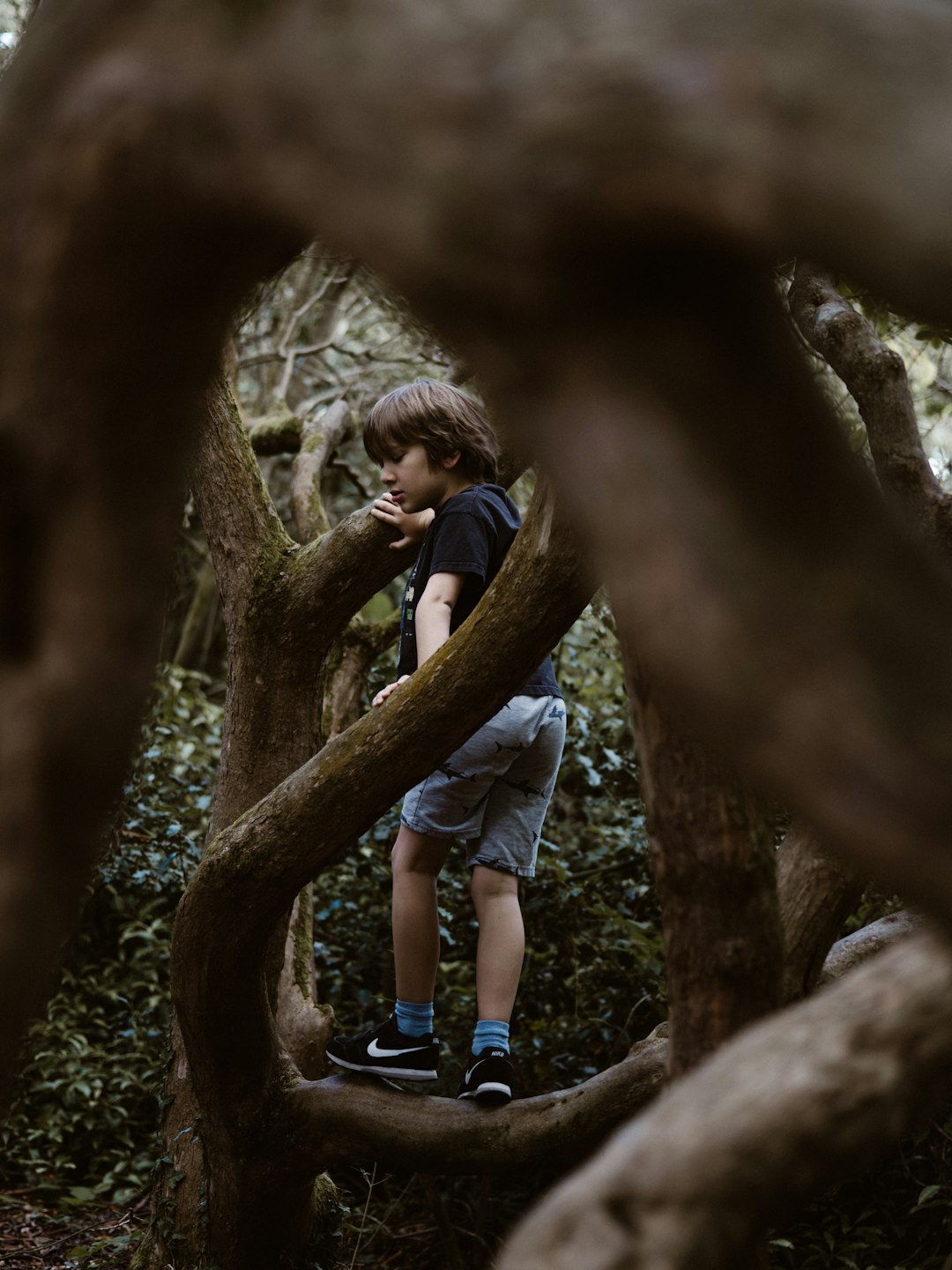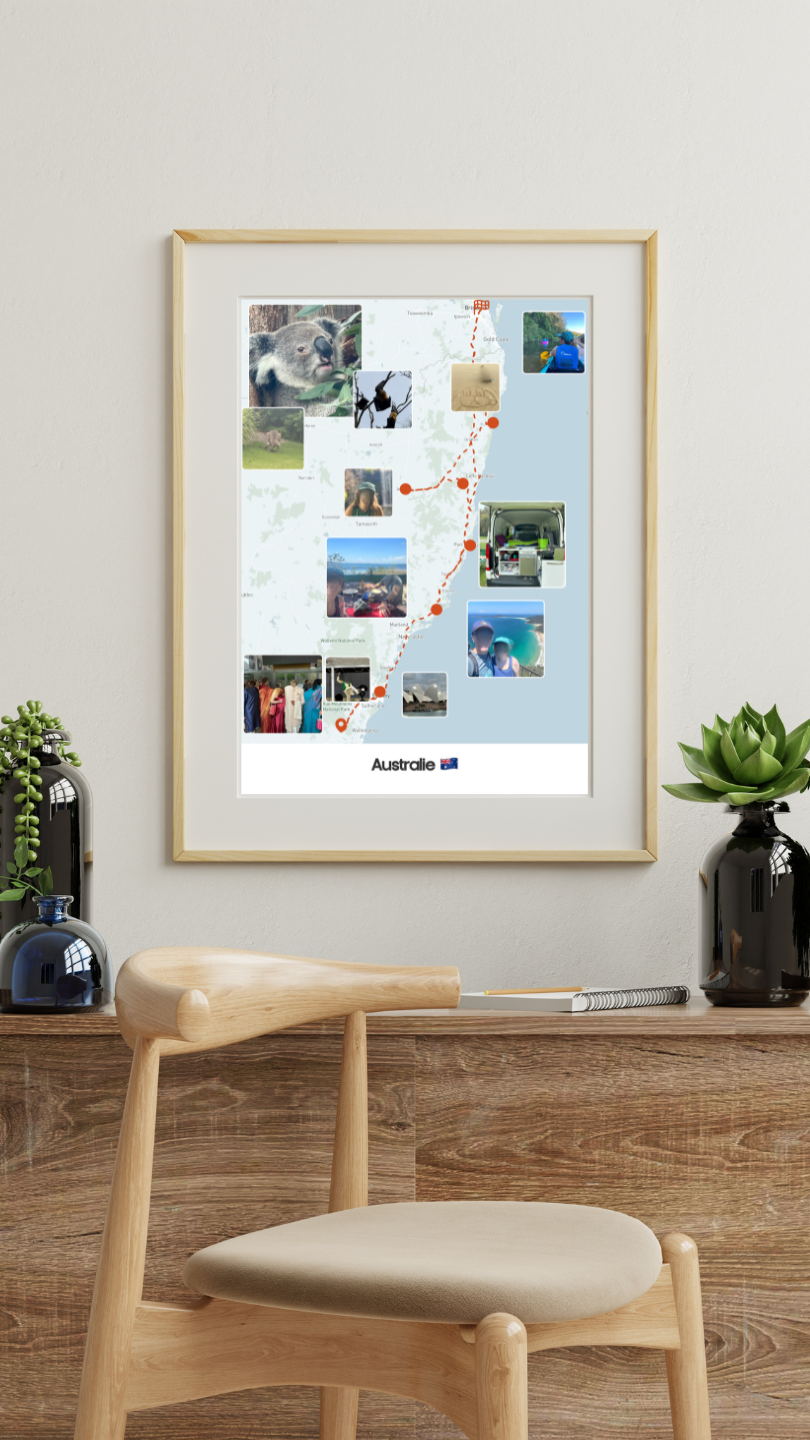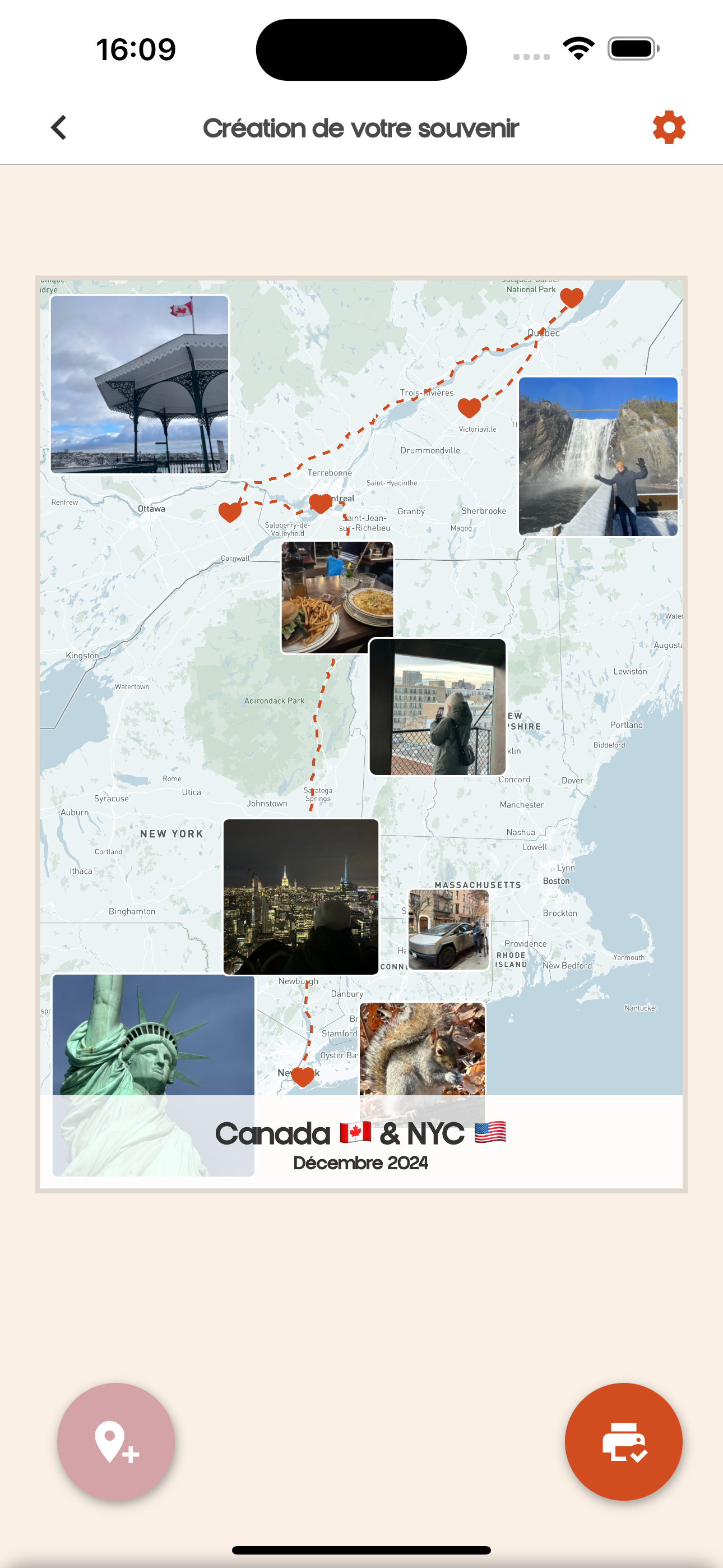Traveling with kids can seem challenging, but with the right tips, it can turn into a wonderful adventure. In this article, we will explore various strategies to help you stay calm and serene throughout your journey while making it enjoyable for the whole family. ✈️

Introduction - Traveling with Kids: Tips for Staying Zen
Chapter 1: Preparation Before Departure - Traveling with Kids While Staying Zen
The key to a serene journey with children lies in preparation. Here are some tips:
- Choose the right destination. Ensure it's child-friendly.
- Prepare a flexible itinerary that includes breaks.
- Make sure to have all necessary equipment: car seats, strollers, etc.
- Talk to your children about the trip to prepare them psychologically.
- Plan entertainment during travel (games, books, tablets).
Chapter 2: During Travel - Staying Zen While Traveling with Kids
Once on the road, it's important to manage your family's energy and time. Here are some tips:
- Remember that children don't have the same sense of time as adults.
- Organize regular stops to let them stretch their legs.
- Play practical games to make travel fun.
- Keep a first aid kit handy.
- Listen to music or stories together to stay engaged.
Chapter 3: Upon Arrival - How to Maintain Zen After Traveling with Kids
Once you arrive, it’s time to enjoy. Here’s how to create serenity:
- Do a tour of the area to spot points of interest.
- Keep rest times in your schedule.
- Encourage the kids to participate in activities to involve them in the journey.
- Have healthy snacks on hand to avoid energy crashes.
- Establish family rituals each night before bed.
Chapter 4: Accepting the Unexpected - Staying Zen While Traveling with Kids
It happens to everyone; it's important to accept that not everything goes as planned. Here’s how to manage this:
- Remember that the unexpected can also bring beautiful surprises.
- Stay flexible and change your plans if necessary.
- Always have a backup plan in case of a problem.
- Discuss with your children to help them understand that changes are normal.
- Breathe deeply and stay positive! 😌
Conclusion - Traveling Zen with Kids: A Challenge Achieved!
By following these tips, you will be able to travel with your children while maintaining your zen attitude. The most important aspect is to create memorable moments as a family and to learn that each journey is a unique adventure. Safe travels! 🌍
FAQ - Traveling with Kids: Tips for Staying Zen
1. How to choose the right destination for traveling with kids?
Choosing a family-friendly destination is crucial to ensure the success of your trip. Look for places that offer attractions suitable for children, such as parks, zoos, or sunny beaches. Activities for kids are a must, but don’t forget to include options for adults too. Among popular destinations, amusement parks, beach resorts, natural reserves, or even mountain vacations can be good choices. Additionally, accessibility of transportation and suitable infrastructures (hotels, restaurants) is also an important aspect to consider. Lastly, discuss the trip with your children to know their wishes and involve them in the decision-making process.
2. What are the best activities to do as a family during the trip?
During family travels, incorporating activities that everyone enjoys is essential. Think about outdoor excursions such as biking, hiking, or swimming. Visits to interactive museums or zoos are great options for educating while having fun. Participating in local cooking workshops or craft courses can create unique memories. Organizing board games in the evening can strengthen family bonds. Boat tours or safaris can also provide true adventures. Prioritize activities that allow each family member to express themselves and enjoy shared moments.
3. What’s the best way to manage kids during long journeys?
Managing kids during long journeys requires preparation and creativity. Start by planning regular breaks to let them stretch their legs. Bring along various activities like coloring books, board games, or educational apps on tablets. Listen to stories or music together to make the trip more enjoyable. Take the time to involve your children by letting them choose certain activities during the journey. Don’t forget to bring healthy snacks to avoid hunger meltdowns. Lastly, stay calm during the trip, as children can sense your stress. A good mindset can make the journey much more pleasant.
4. What to do in case of difficult behavior from kids during the trip?
Difficult behavior from kids can arise at any point during a trip. As a parent, it is important to remain calm and understand the source of the issue. Often, fatigue, hunger, or boredom are triggers. Address the problem gently by listening to what the child has to say. Suggest solutions like extra breaks or alternative activities. Use distraction techniques, such as singing songs or playing word games. Set up a reward system to encourage good behavior. Finally, when a conflict arises, assess the situation calmly and try to reach a constructive resolution.
5. How to encourage kids to be more independent while traveling?
Encouraging independence in children during travels is a valuable skill that will help them throughout their lives. Start by giving them small responsibilities, such as choosing activities or managing their own bag. Teach them basic skills like reading a map or using a GPS. Celebrate each gesture of independence, no matter how small. Allow them to make small purchases, like souvenirs. In public places, give them simple instructions and encourage them to ask questions. Over time, these experiences will build their confidence and prepare them for future independent travels.
6. What health precautions should be taken before traveling with kids?
Before departing, it is essential to take health precautions when traveling with kids. Consult a pediatrician to ensure that all vaccinations are up-to-date, especially if traveling abroad. Inquire about local medical practices to know where you can seek healthcare if needed. Bring a first-aid kit containing basic medications suitable for children, such as pain relievers, allergy medications, and bandages. Having travel insurance is also vital to protect yourself in case of a medical emergency. Lastly, teach your children the importance of hygiene, such as washing their hands regularly.
7. How to make travel educational for kids?
Making travel educational for kids can enrich their experience and stimulate their curiosity. Start by discussing the places you will visit and what they might learn. Choose destinations known for their history, culture, or wildlife, such as museums, archaeological sites, and nature parks. Involve them in educational activities, such as visiting farms or participating in craft workshops. Use apps and games to learn words in the local language. Encourage them to keep a travel journal where they can note their discoveries. Thus, they will have a rich perspective while having fun.
8. What is the importance of breaks during travels with kids?
Breaks are crucial during family travels, especially with kids. Long journeys can be exhausting, and children need time to move around and relax. Breaks help reduce stress and increase the enjoyment of the trip. They provide opportunities to eat, stretch, and enjoy the local environment. Breaks also allow for managing potential conflicts or moments of crisis by providing a chance to regain energy. Plan regular stops, even if it's just for a few minutes. Include activities during these breaks, such as running in a park, playing games, or exploring a rest area. Breaks contribute to creating more positive travel memories.
9. How to manage the budget while traveling with family?
Managing the budget while traveling with family requires good preparation. Start by setting a total budget according to your financial resources. Plan for transportation, accommodation, and food costs. Use budget management apps to track your expenses. Prioritize buying tickets for attractions online for discounts. Involve your children in the process by showing them how to make economical choices. Look for free or low-cost activities in nature or culture, such as hiking or local festivals. By being creative and smart, you can travel without breaking the bank.
10. What are the benefits of traveling as a family?
Traveling as a family offers many invaluable benefits. It strengthens the family bond by creating unique shared memories. Traveling together exposes children to new cultures, traditions, and perspectives, thereby broadening their understanding of the world. It also enables kids to learn skills such as adaptability, responsibility, and communication. Travel enhances children's creativity and curiosity, encouraging them to ask questions and explore. Moreover, traveling together provides moments of laughter and sharing, thus fostering closeness. Finally, these trips can also be an opportunity for parents to reinforce their educational role while enjoying leisure moments as a family.






